Technological Advancements In 2023
Introduction
In the ever-evolving landscape of technology, the year 2023 promises to be an exciting chapter filled with groundbreaking innovations and advancements. As we navigate this digital frontier, it is essential to explore the key technological trends and developments that are shaping our world. This article will delve into some of the most notable technological advancements in 2023 while emphasizing the importance of responsible and ethical implementation.
As the world hurtles towards the future, technological advancements continue to shape and transform various industries. With the arrival of 2023, here are 13 cutting-edge technologies that are expected to make a significant impact in the coming year.
List of Technological Advancements In 2023 [Top 13]
1. Artificial Intelligence (AI) and Machine Learning (ML): AI and ML are already revolutionizing industries by automating tasks, enhancing decision-making processes, and enabling data-driven predictions.
In 2023, Artificial Intelligence (AI) is expected to continue its rapid evolution and make significant strides across various industries and applications. Here are some key areas where AI is likely to have a notable impact:

- Advanced Machine Learning: Machine learning algorithms will become more sophisticated, enabling improved accuracy and efficiency in tasks such as image and speech recognition, natural language processing, and predictive analytics. This progress will fuel advancements in areas like personalized healthcare, intelligent virtual assistants, and autonomous vehicles.
- AI-Driven Automation: Automation powered by AI will continue to transform industries, streamlining processes, reducing costs, and increasing productivity. Robotic Process Automation (RPA) will expand its capabilities, integrating with AI technologies to automate complex tasks, data analysis, and decision-making processes.
- Natural Language Processing (NLP): NLP will advance further, enhancing communication between humans and machines. AI-powered chatbots and virtual assistants will become more conversational and capable of understanding nuanced language, leading to improved customer service experiences and efficient information retrieval.
- Explainable AI and Ethical Considerations: Efforts to make AI systems more explainable and transparent will gain momentum. Addressing the “black box” nature of AI algorithms will be crucial to ensure accountability, fairness, and avoid biased decision-making. Ethical considerations surrounding data privacy, security, and algorithmic bias will continue to be important areas of focus.
- AI in Healthcare: AI will play an increasingly prominent role in healthcare, aiding in diagnostics, treatment planning, and drug discovery. AI-powered algorithms will analyze vast amounts of medical data, assisting healthcare professionals in making accurate diagnoses and recommending personalized treatment options.
- Edge Computing and AI: The combination of edge computing and AI will become more prevalent, enabling real-time processing and decision-making at the edge of networks. This integration will support various applications, such as autonomous vehicles, smart cities, and Internet of Things (IoT) devices, by reducing latency and enhancing efficiency.
- AI for Cybersecurity: As cyber threats continue to evolve, AI will be utilized to detect and mitigate security breaches. AI algorithms will analyze network traffic patterns, identify anomalies, and respond rapidly to potential threats, bolstering the security posture of organizations.
- Continued Research and Collaboration: Research in AI will persist, fostering collaboration between academia, industry, and policymakers. Advancements in areas like quantum computing, neural networks, and explainable AI will be explored, leading to new breakthroughs and insights.
While these projections provide a glimpse into the potential advancements in AI in 2023, it’s important to note that the field is dynamic and subject to continuous innovation. The actual progress and impact of AI will depend on various factors, including technological advancements, regulatory developments, and societal acceptance.
2. Extended Reality (XR): XR, encompassing virtual reality (VR), augmented reality (AR), and mixed reality (MR), holds the potential to transform how we interact with the world around us.

3. Blockchain: This distributed ledger technology ensures secure and transparent transactions, finding applications in finance, supply chain management, healthcare, and more.
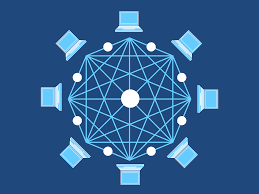
4. 5G: The fifth-generation cellular network technology, 5G, enables lightning-fast speeds and lower latency, facilitating real-time streaming and opening doors for innovations such as virtual reality gaming.

5. Quantum Computing: Harnessing the principles of quantum mechanics, this emerging field has the potential to revolutionize complex problem-solving in areas like drug discovery, financial modeling, and AI.
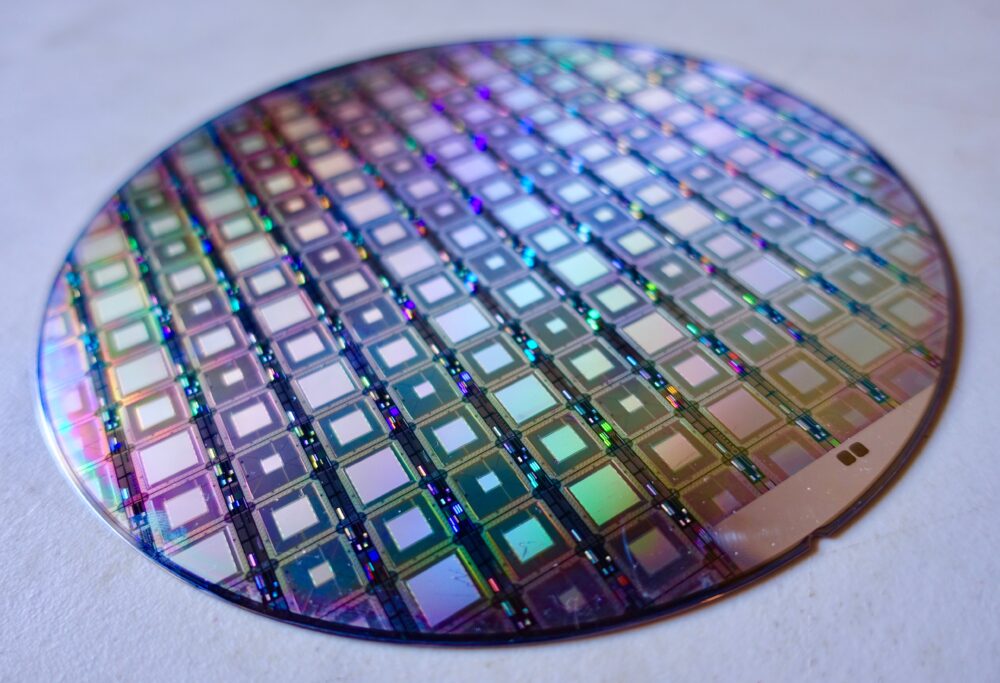
6. Robotics: Robots are increasingly utilized in industries to automate dangerous or repetitive tasks while exploring new ways to interact with humans.

7. 3D Printing: This technology enables the creation of three-dimensional objects from digital designs, finding applications in diverse fields, including healthcare, manufacturing, and even food production.
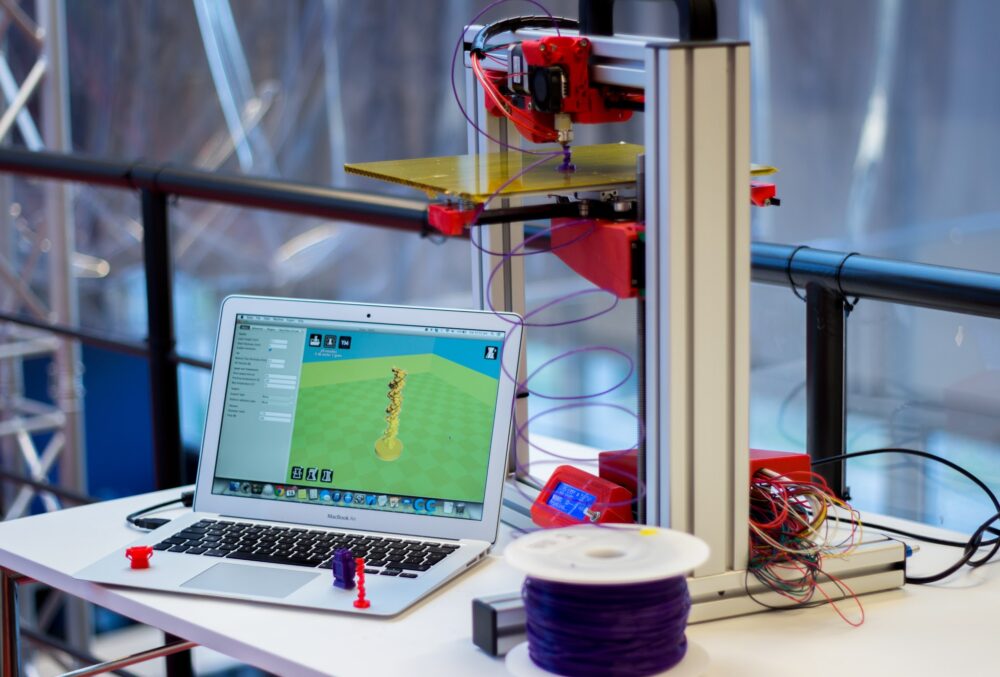
8. Internet of Things (IoT): The IoT connects physical objects to the internet, facilitating data collection and exchange for improved efficiency, safety, and convenience.
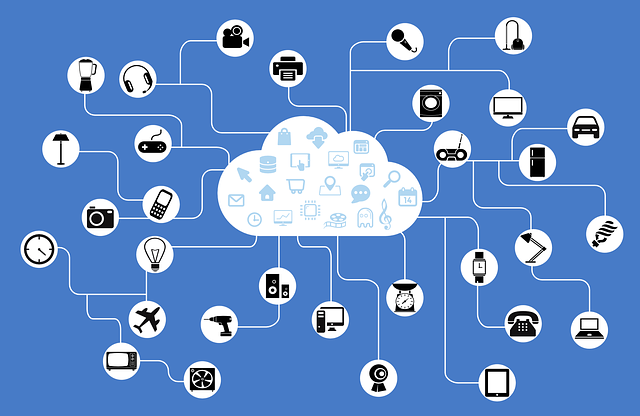
9. Cybersecurity: With the ever-growing reliance on technology, cybersecurity measures become essential in protecting computer systems and networks from unauthorized access, ensuring data integrity and privacy.
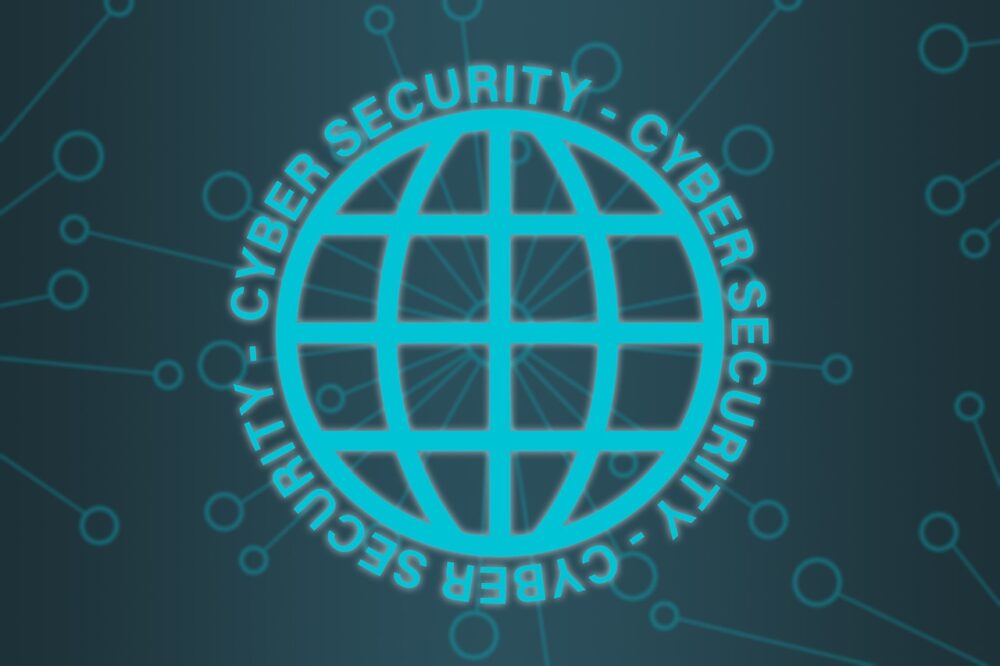
10. Gene Editing: The ability to modify DNA presents vast possibilities for medical breakthroughs, disease eradication, and the creation of more resilient and sustainable crops.

11. Renewable Energy: As the world embraces sustainability, the utilization of renewable energy sources such as solar, wind, and hydroelectric power continues to expand, reducing reliance on fossil fuels.

12. Autonomous Vehicles: Self-driving vehicles have the potential to revolutionize transportation, making it safer, more efficient, and accessible to all.
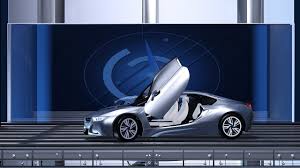
13. Smart Cities: Employing technology to enhance quality of life, smart cities leverage data collection and infrastructure management to provide efficient services and improve urban living.
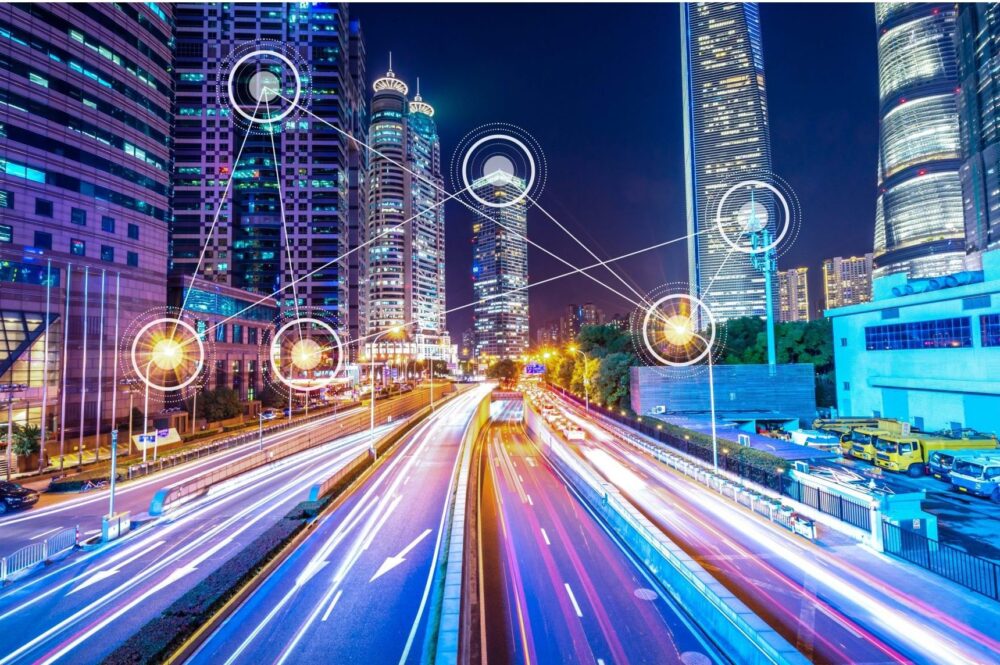
Conclusion
The year 2023 is undoubtedly a time of remarkable technological advancements that are reshaping our world. While these innovations offer tremendous opportunities, they also come with ethical, security, and environmental challenges that must be addressed. Responsible and ethical implementation of technology will be crucial in ensuring that these advancements benefit society as a whole. As we embrace these changes, let us also remain vigilant in safeguarding our values and principles in the digital age.
These technological advancements hold great promise for the future, propelling industries forward, and reshaping the way we live and interact with the world. As we enter 2023, anticipation mounts as to how these innovations will unfold and contribute to a more connected, efficient, and sustainable future.


